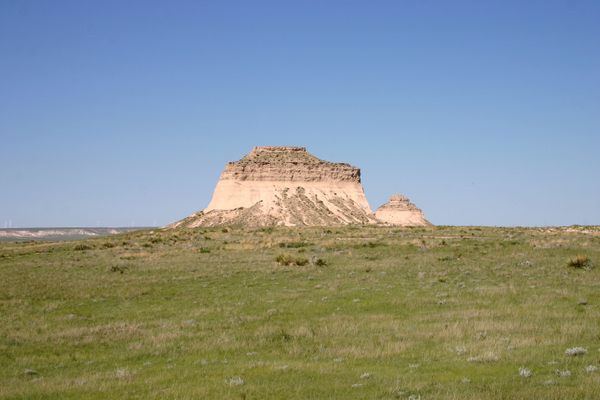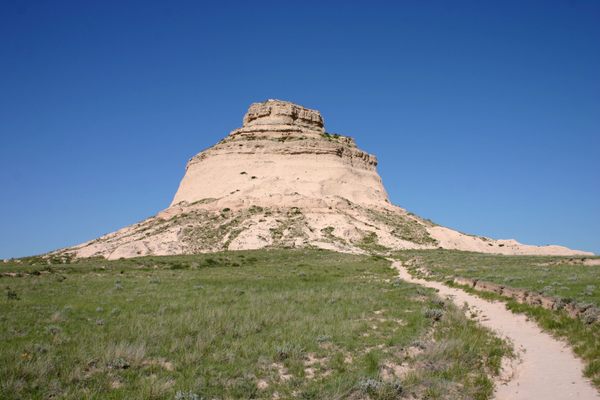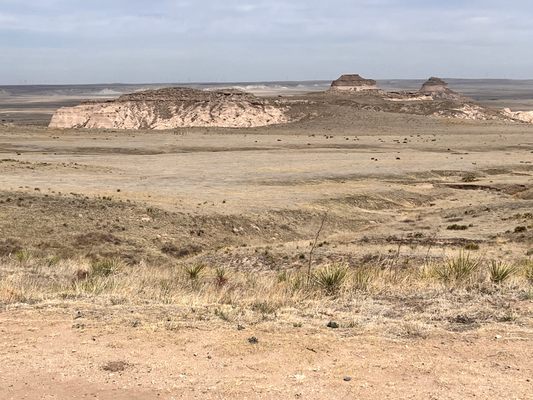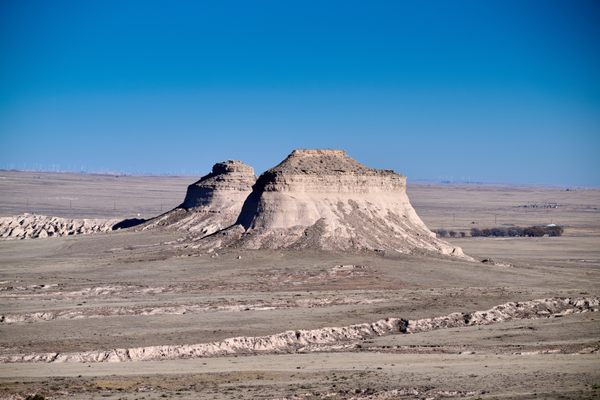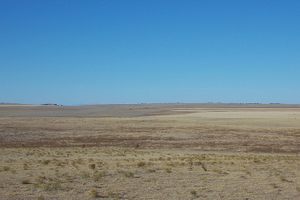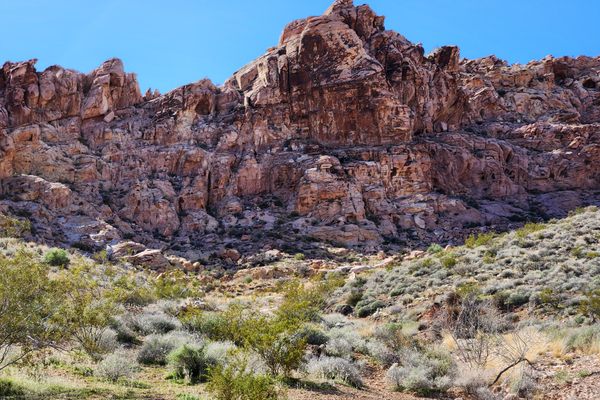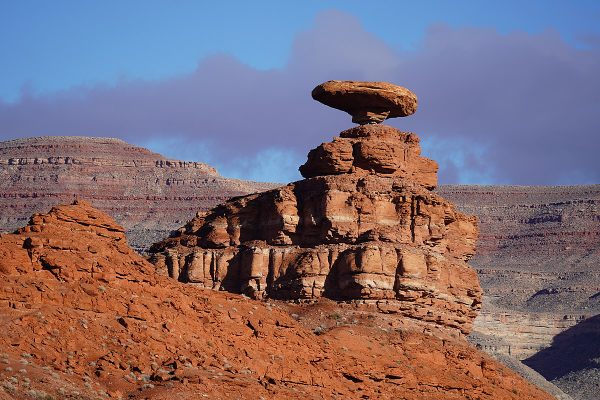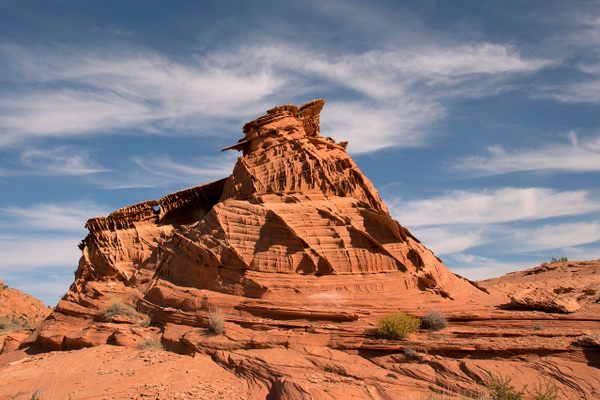About
The Pawnee Buttes don't fit the usual Colorado stereotypes. You won't find towering mountains or deep canyons here, but a different landscape with its own charms and history. The buttes are the remnants of a higher plain that has mostly been eroded away here, but to the north is still a continuous plain known as the Chalk Bluffs.
The buttes rise some 300 feet (91 meters) above the surrounding plains, where large herds of bison once grazed and were hunted by Native Americans. Some trappers came through in the early 19th century, but the first major Euro-American influx was from the cattle drives out of Texas; at first from Texas into Colorado, but later along the Texas-Montana trail just to the east. Homesteaders arrived in the latter 19th century as barbed wire shut off the cattle drives, and they prospered for some decades. Falling prices and droughts, however, culminating in the infamous Dust Bowl, led to the abandonment of most agriculture aside from some ranching.
In the 1930s, the federal government took over most of the ruined farms, and today the area largely lies in the Pawnee National Grasslands. Native grasses have been replanted and the area is now an excellent example of a recovered shortgrass prairie.
Energy is another traditional industry in the area. Some producing oil wells still exist, but more recently construction of wind farms has boomed. The Chalk Bluffs in particular are the site of a large turbine installation.
There is also an isolated remnant population of limber pines there left over from the last ice age. Limber pines are typically a higher altitude species found many miles away in the mountains.
Related Tags
Know Before You Go
The preferred route to Pawnee Buttes follows the first part of Pawnee Pioneer Trails, an official scenic byway. At the east end of Raymer on Colorado State Route 14 go north on County Road 129 to the intersection of Co. Rd. 110 and turn left. About 6.3 miles in Road 129 will dogleg to the left (west) and continue as County Road 127. A defunct Minuteman missile silo is situated along here, about 6.8 miles from Raymer.
Once on County Road 110 follow it 5.9 miles where it makes a right-angle bend north; the road then bends west again after half a mile. After another mile the main road bends south at a right angle, but another road comes in from the right. This is the road to the Pawnee Buttes trailhead. The trailhead is about 1.2 miles on the right, and is well-marked.
It is about 1.5 miles out to the West Butte, which is in the Pawnee National Grasslands. The trail continues another half mile or so to the East Butte, which mostly lies on private land. Please be respectful and leave any gates as you found them.
In particular, don't climb on the Buttes as that causes erosion damage. In addition, during the raptor nesting season (March 1 through June 30), the bluffs on either side of the trail near the beginning are closed.
Community Contributors
Added By
Published
May 13, 2022
